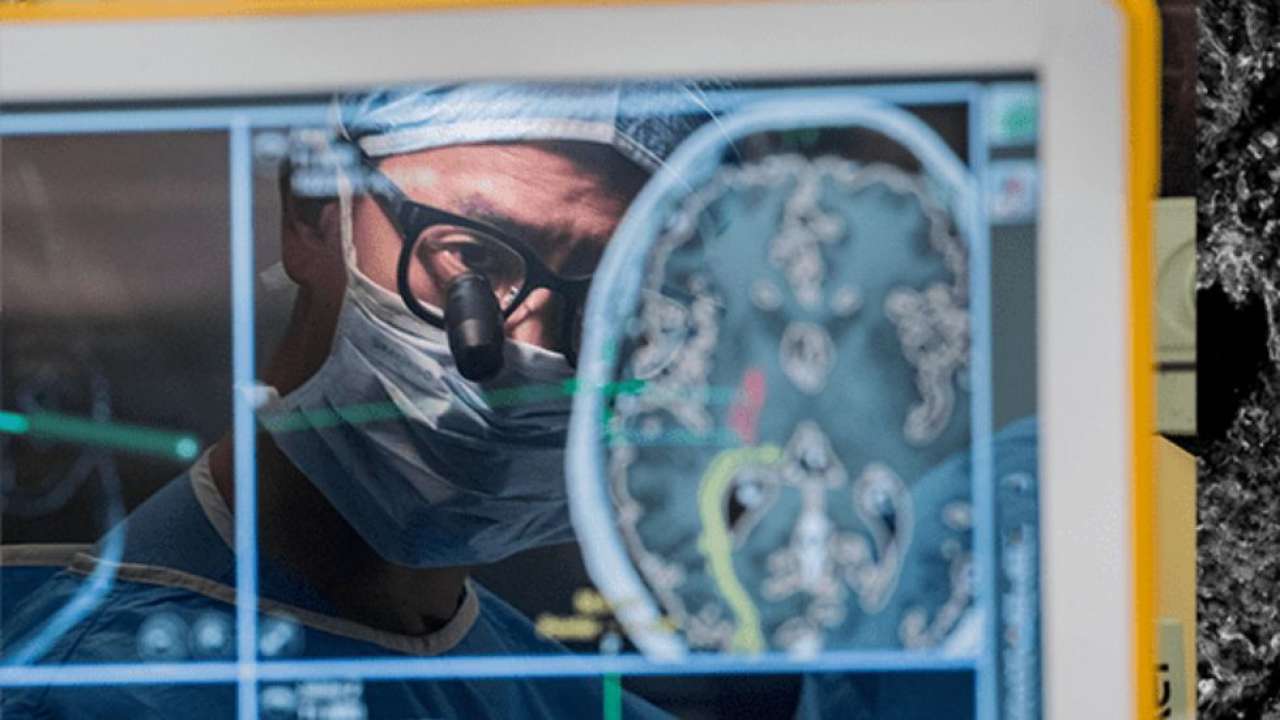
A new study performed by researchers in the University of California, San Francisco, was able to make a man with severe paralysis successfully communicate with the use of his brain waves. As per Axios, the research team was able to access the person’s brain waves and transform his thoughts into sentences.
The study is, as per senior author and neurosurgeon Edward Chang, the first “successful demonstration of direct decoding of full words from the brain activity of someone who is paralysed and cannot speak."
"It shows strong promise to restore communication by tapping into the brain's natural speech machinery," he said in a statement.
Published in the New England Journal of Medicine on July 14, the study promises to benefit thousands of people as the method is further developed, said the statement issued by the University.
Making a paralysed person talk
The study is codenamed BRAVO, which means Brain-Computer Interface Restoration of Arm and Voice. The subject was a man in his 30s having been limited by severe paralysis due to a brainstem stroke around 15 years ago.
The man had lost all ability to speak due to his condition. His head, neck and limb movement is severely restricted and he used to communicate by poking letters on a screen with the help of a pointer stuck to a baseball cap.
The paralysed man underwent a neurosurgery to get implanted electrodes in the part of his brain responsible for speech. The team worked with him to formulate a small vocabulary of 50 common words like family, water etc. They recognized the words by reading his brain activity through advanced algorithms.
Here's a clip of the study:
As per senior author Chang, this is called speech neuroprosthesis where the researchers have “tapped into the natural and fluid aspects of speech, promising more rapid and organic communication."
As per Leigh Hochberg, who directs the BrainGate project which aims to help people affected by neurological diseases, “It's now only a matter of years before there will be a clinically useful system that will allow for the restoration of communication.”
While there are no recent global estimates, a 2013 study suggests around 5.4 million people suffered from paralysis. In India, one person suffers from paralysis every minute, as per the Indian Institute of Paralysis.